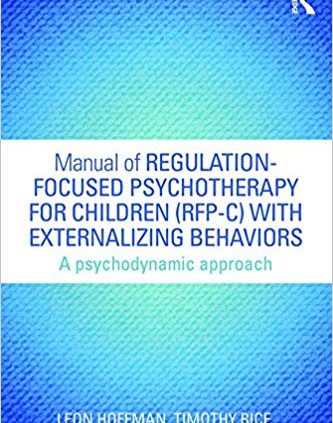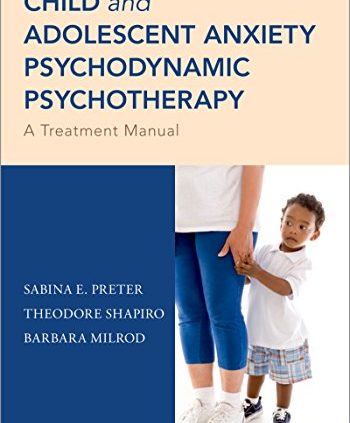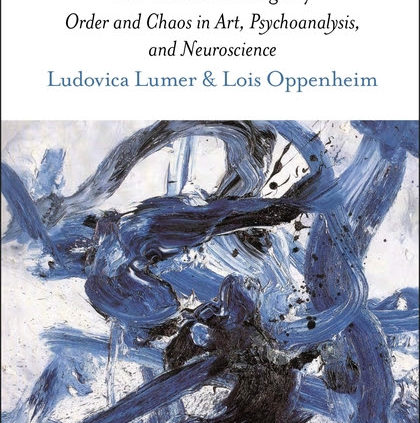Easier To Get Mad Than Feel Sad
Congratulations to NYPSI member Leon Hoffman and his RFP-C group on their first data driven publication from their RCT,
Why Is It Easier to Get Mad Than It Is to Feel Sad? Pilot Study of Regulation-Focused Psychotherapy for Children
This article reports results of a pilot study of three participants receiving regulation-focused psychotherapy for children (RFP-C), a manualized, short-term, psychodynamic treatment for children with oppositional defiant disorder and other externalizing problems. RFP-C targets implicit emotion regulation while using an intensive, psychodynamic, play therapy approach to decrease the child’s need for disruptive behaviors.
Results suggest that RFP-C has the potential to produce significant improvements in emotion regulation capacity and in symptoms of oppositional defiant disorder. This pilot study provides initial support for RFP-C as an efficacious and cost-effective intervention, with high treatment compliance rates, and lays the groundwork for a randomized controlled trial of the intervention.
Click HERE to link to the article.



